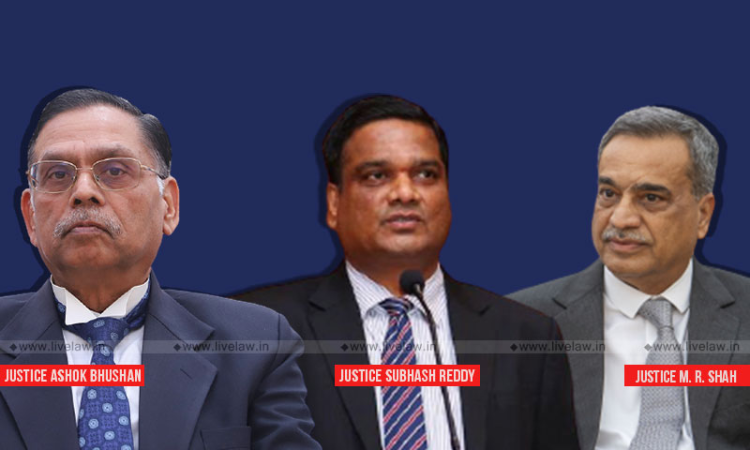Supreme Court Upholds Levy Of GST On Lottery, Betting And Gambling
Manu Sebastian
3 Dec 2020 6:14 PM IST

Next Story
3 Dec 2020 6:14 PM IST
In a notable judgment delivered on Thursday, the Supreme Court upheld the levy of Goods and Services Tax(GST) on lotteries, betting and gambling.A three-judge bench led by Justice Ashok Bhushan dismissed a writ petition filed by Skill Loto Solutions Pvt Ltd challenging the levy of GST on lotteries as violative of Articles 14,19(1)(g), 301 and 304 of the Constitution of...
